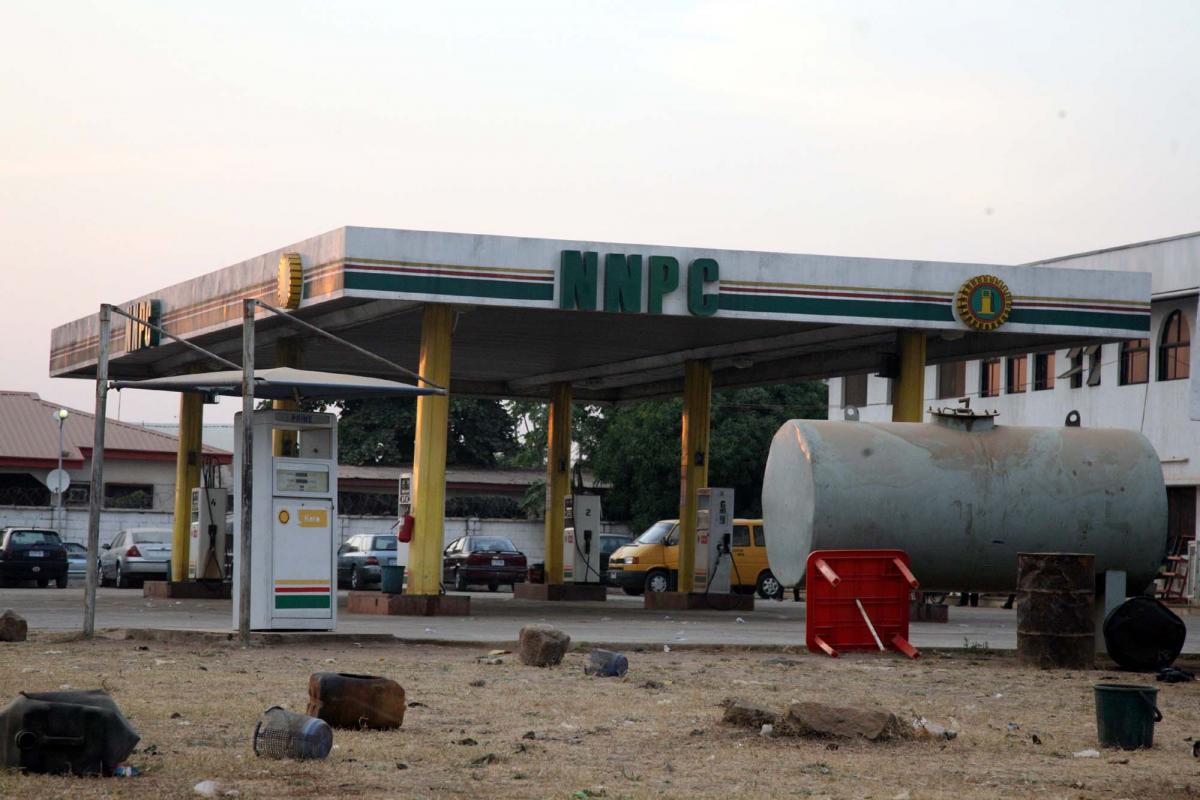There are no products in your shopping cart.
| 0 Items | £0.00 |


NIGERIA spent a total of $1.32bn on the importation of petrol and other petroleum derivatives in 2020 according to recent data just published by the Central Bank of Nigeria (CBN) despite being the world's sixth largest crude oil exporter.
Historically, Nigeria has produced 2.5m barrels of crude oil a day, the bulk of which has been exported but despite being a leading member of the Organisation of Petroleum Exporting Countries (Opec), she imports petrol. Over the last 25 or so years, Nigeria has been dependent on imports because her three state-owned refineries in Warri, Port Harcourt and Kaduna have all broken down.
It was not until earlier this year that Dangote Industries stepped in to fill the breach when the company commissioned a private sector refinery in the Lekki area of Lagos State. With a single crude oil distillation unit, it will be the largest single-train refinery in the world as at full production, it will be able to produce 50m litres of petrol and 17,000,000 litres of diesel daily, as well as aviation fuel and plastic products.
In 2020, however, Nigeria was heavily dependent on petrol product imports, with the amount spent purchasing them rising to $1.32bn from $2.10bn in 2019. Although the CBN did not specify the full list of products that were imported, Nigeria’s oil imports consist mainly of petrol, diesel and kerosene.
Fuel consumption and imports plunged to record low in the second quarter of 2020 amid the lockdown imposed by the federal government to contain the spread of the Covid-19 pandemic. Under Nigeria's distorted market structure, the Nigerian National Petroleum Corporation is the major importer of petroleum products and sole importer of petrol into the country amid a lack of full deregulation in the downstream oil sector and a scarcity of foreign exchange.